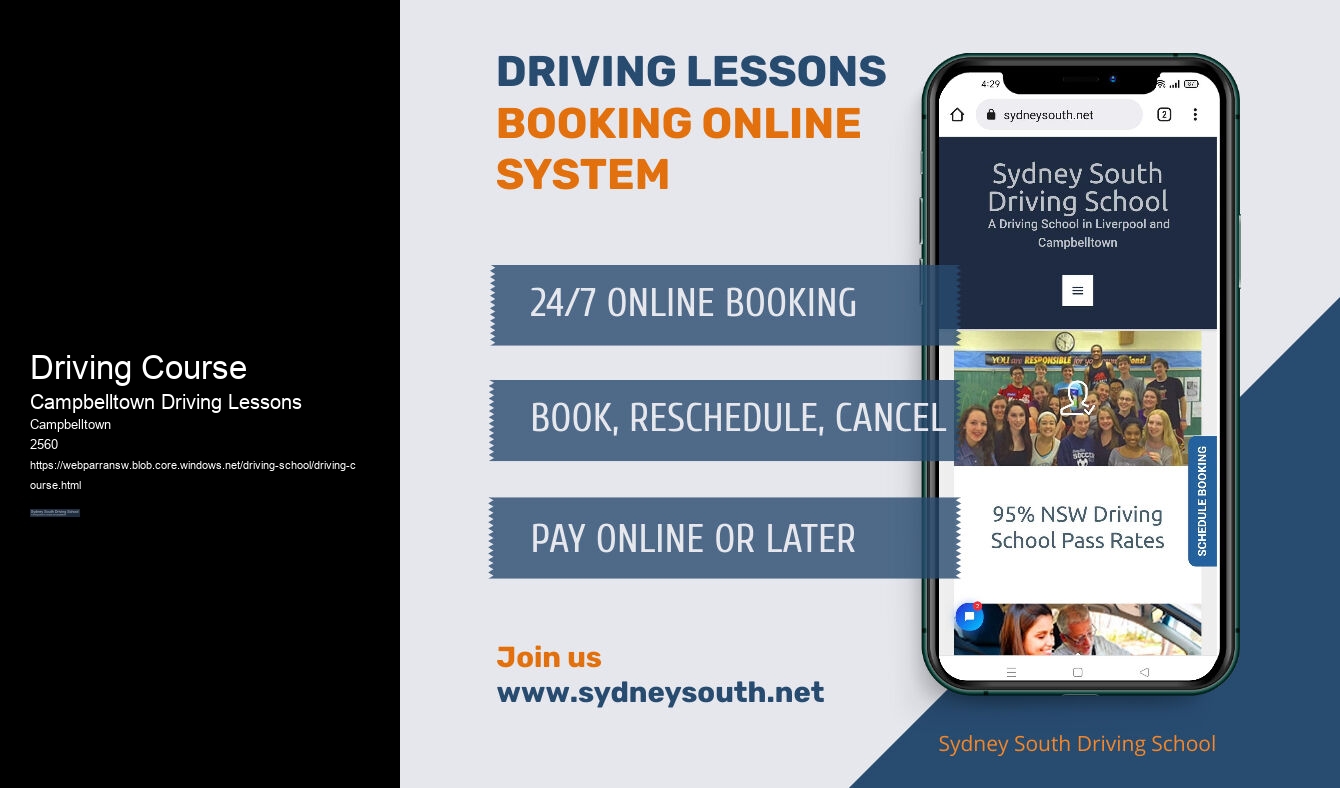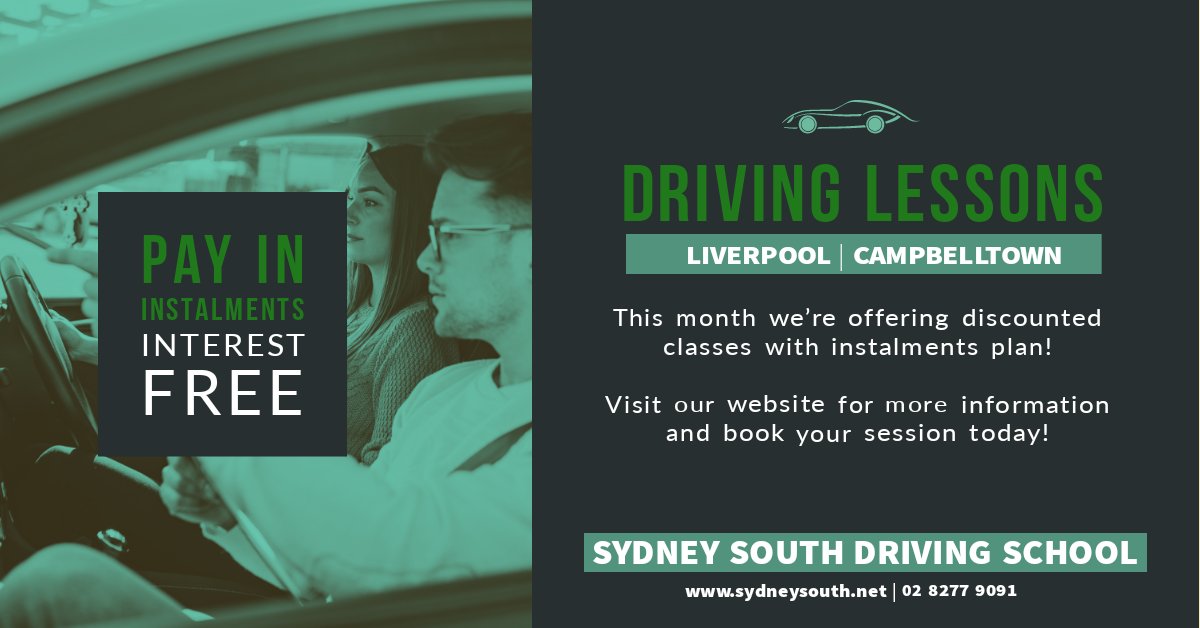
Driving courses are designed to help individuals become better, safer drivers. Whether you're a new driver just starting out, or an experienced driver looking to improve your skills, there are driving courses available to meet your needs.
Some of the benefits of taking a driving course include:
Learning defensive driving techniques: Defensive driving is the practice of driving in a way that reduces the likelihood of an accident. A good driving course will teach you how to be aware of your surroundings, anticipate potential hazards, and react appropriately to avoid accidents.
Getting familiar with traffic laws: Traffic laws can be complex and confusing. A driving course will help you understand the rules of the road and how to follow them. This can help you avoid traffic tickets and stay safe on the road.
Gaining confidence: For new drivers, getting behind the wheel can be intimidating. A driving course can help build confidence by providing a safe environment to practice driving skills.
Lowering insurance rates: Many insurance companies offer discounts to drivers who have completed a driving course. This is because drivers who have taken a course are generally considered to be safer and more responsible on the road.
There are many different types of driving courses available, including:
Basic driving courses: These courses are designed for new drivers and cover the basics of driving, such as starting and stopping the vehicle, turning, and parking.
Defensive driving courses: These courses focus on teaching defensive driving techniques and how to avoid accidents.
Advanced driving courses: These courses are designed for experienced drivers and cover more advanced driving techniques, such as high-speed driving and emergency maneuvers.
Teen driving courses: These courses are specifically designed for teenagers and cover topics such as distracted driving, peer pressure, and the risks of driving under the influence.
When choosing a driving course, it's important to consider your own needs and goals. Make sure to research the course thoroughly and choose a reputable provider. With the right driving course, you can become a safer, more confident driver and enjoy the many benefits of being on the road.
Obtaining a driver's license is an essential part of being able to legally drive a vehicle. However, if you are planning to move to a different country, you may need to convert your overseas license to a local license. The process of converting your overseas license can be complex and may vary depending on the country you are moving to.
Here are some things to keep in mind when converting your overseas license:

Research the local requirements: The requirements for converting an overseas license can vary greatly from country to country. Some countries may require you to take a driving test, while others may only require a written test or a vision test. Research the local requirements in advance to avoid any surprises.
Check the validity of your license: In some cases, your overseas license may not be valid in the new country. Some countries have reciprocal agreements that allow drivers to use their overseas license for a certain period of time, while others require you to obtain a local license as soon as you arrive.
Gather the necessary documents: To convert your overseas license, you will typically need to provide proof of identity, residency, and your driving history. This may include your passport, proof of address, and a driving record from your home country.
Consider taking a driving course: If you are required to take a driving test, consider taking a driving course to help prepare you. Even if a driving test is not required, taking a course can help you become familiar with local driving laws and road conditions.
Be prepared for potential delays: Converting your overseas license can take time, so be prepared for potential delays. It's a good idea to start the process as early as possible to avoid any issues with driving legally in the new country.
Overall, converting your overseas license to a local license is an important step when moving to a new country. By doing your research, gathering the necessary documents, and being prepared for potential delays, you can ensure a smooth and successful transition to driving in your new home country.
Converting your overseas license to a local license is a necessary process that helps ensure you are legally able to drive in your new country. Depending on the country you are moving to, the process can be straightforward or more complex. Here are some additional tips to keep in mind when converting your overseas license:
Understand the timeline: The timeline for converting your overseas license can vary depending on the country you are moving to. Some countries may require you to convert your license within a certain timeframe after arriving, while others may allow you to use your overseas license for a longer period of time. Make sure you understand the timeline and plan accordingly.
Know the driving laws: Different countries have different driving laws and regulations. It's important to become familiar with the local laws and regulations before getting behind the wheel. This can help ensure you are driving safely and legally in your new country.
Consider hiring a translator: If you are not fluent in the local language, consider hiring a translator to help with the conversion process. This can be especially helpful if you need to take a written or driving test in the local language.
Understand the costs: Converting your overseas license can come with additional costs, such as fees for testing or administrative fees. Make sure you understand the costs involved before starting the conversion process.
Keep a copy of your original license: Make sure to keep a copy of your original overseas license for your records. This can be helpful if you need to provide proof of your driving history in the future.
Automatic driving lessons are a popular choice for individuals who want to learn how to drive without the hassle of dealing with a manual transmission. Unlike a manual car, which requires the driver to shift gears, an automatic car does this automatically, making the driving experience much simpler.
There are several benefits to taking automatic driving lessons. Firstly, it can save time as learners do not need to spend as much time learning how to shift gears. This can allow learners to focus on other aspects of driving, such as road safety and navigation. Additionally, automatic cars tend to be easier to control, which can make learners feel more confident behind the wheel.
Automatic driving lessons can be particularly beneficial for those who struggle with physical disabilities or conditions that make it difficult to operate a manual transmission. For example, people with arthritis or injuries to their hands or legs may find it easier to operate an automatic car.
The length of a driving course can vary depending on the individual's needs and the driving school's curriculum. In general, most driving schools offer courses that range from a few days to several weeks or even months. The duration of the course can also depend on the learner's ability and the frequency of lessons.
Attending a driving school can provide learners with several benefits, such as developing good driving habits, receiving professional instruction from experienced instructors, gaining knowledge of traffic rules and regulations, and improving overall driving safety. Driving schools can also help learners to gain confidence and reduce the stress associated with learning to drive.
Many driving schools offer both automatic and manual cars for lessons. However, this can vary depending on the driving school's resources and the preferences of the learner. It is important to check with the driving school beforehand to determine which types of vehicles are available for lessons. Additionally, some driving schools may charge extra fees for learners who wish to take lessons in a manual car.